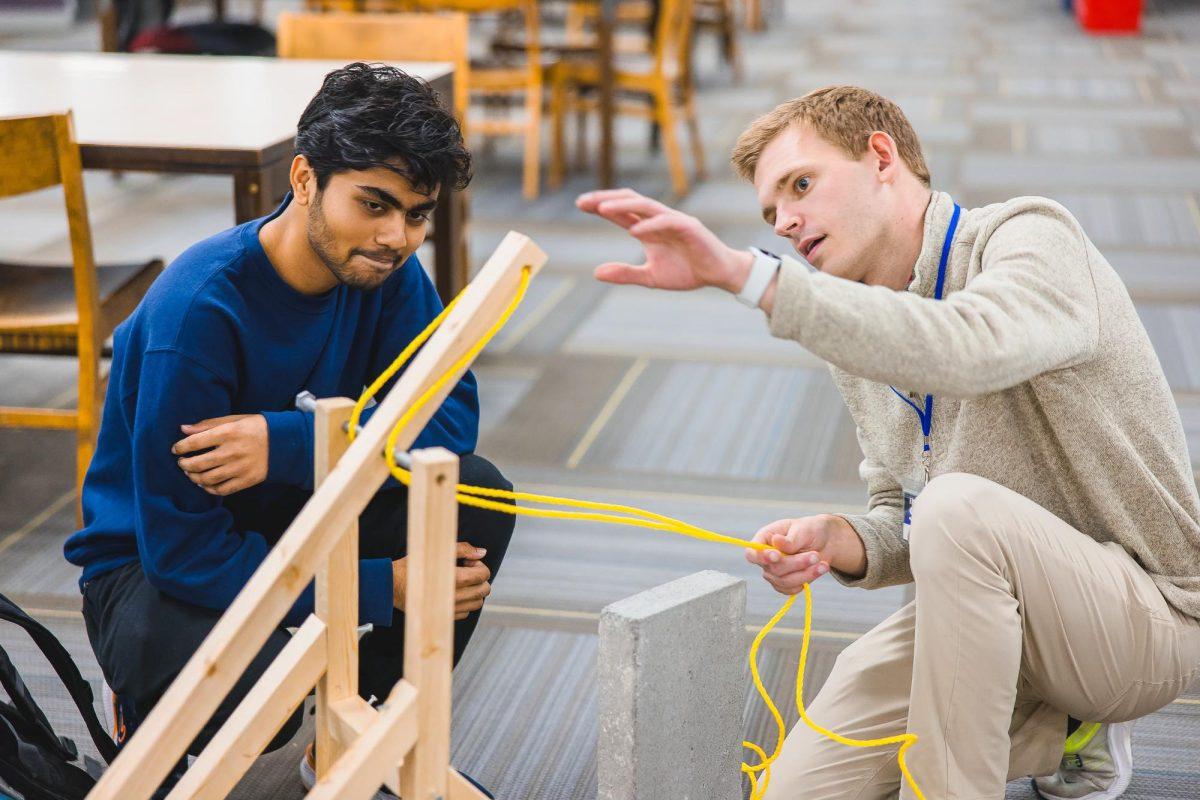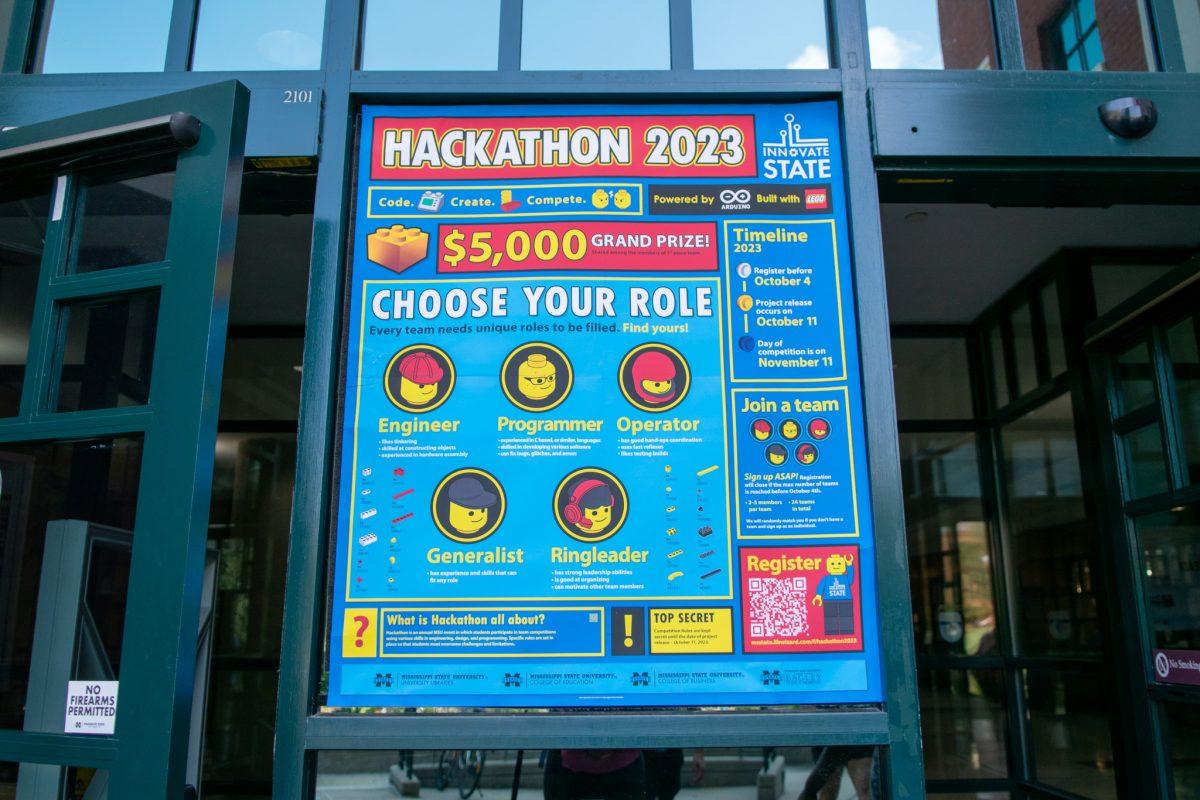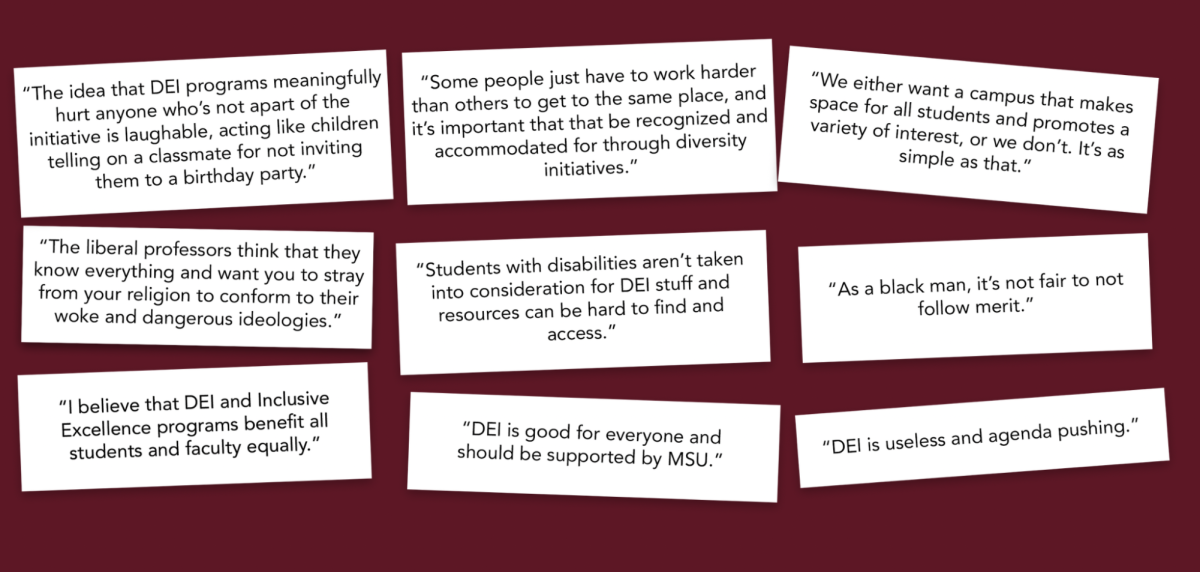Mississippi State University has opened registration for the Innovate State Hackathon, an engineering competition with a $5,000 prize.
Sponsored by the MSU Libraries, Bagley College of Engineering, the College of Business, the College of Education and the Idea Shop, the Innovate State Hackathon runs from Oct. 11 to Nov. 11. Teams will be assigned a multi-stage project to test their engineering prowess.
Melissa Grimes, chair of the Innovate State committee, said teams will compete in a single-elimination tournament where they will work on components of the overall project until one team is left standing.
“On November 11, we will have a competition where they will compete against each other kind of in a bracketed tournament-type situation,” Grimes said. “We won’t be releasing what the problem is until we hand out the cards on October 11.”
Grimes said the hackathon’s origins are based on student cooperation.
“The idea of the hackathon really was built off of the M.I.T sophomore design competition,” Grimes said. “It was designed to bring students from different disciplines together to basically create, to be able to build and code and create something in a way that would kind of further the STEM education here on campus.”
Laura Taylor, an instructional technology specialist and a volunteer for the hackathon, said the greatest benefit of the hackathon is the camaraderie formed among team members.
“To bring people from across different disciplines and allow them to work together on a project, you know, that’s team building, that’s critical thinking,” Taylor said. “There’s all kinds of skills that are involved in that, and it’s fabulous.”
Nicholas Beers is a research engineer at the MSU Institute for Clean Energy Technology and a previous competitor in the hackathon. He said last year’s hackathon required building a wooden trebuchet to throw an egg the furthest without breaking it, as well as having a coding component to move the throwing arm.
“So, they give us materials and a project to do,” Beers said. “We stayed up all night and built what we had to and then competed in the morning.”
Beers said the hackathon helped him develop teamwork skills when developing their trebuchet.
“My teammate didn’t know, he hasn’t worked with electronics or woodworking and stuff like that,” Beers said. “So it was a lot of fun to teach him how to do all that stuff and going over the steps.”
Grimes said details on the hackathon challenge are not disclosed before the competition, but this year’s hackathon will be a unique challenge.
“This year is a little different because it’s very difficult to come up with a problem that is complex enough to be a challenge, but not so overly complex that they couldn’t do it in a 24-hour time frame,” Grimes said. “So, we decided this year to actually stretch it out for a month, so they’re going to get a month to build, code and design.”
Grimes said that the team-oriented nature of the competition should allow a wide range of students to register. The contest is open to students of all majors regardless of grade point average.
“I would hope that the kids are able to cooperate across disciplines – and know that you don’t just have to be an engineer of something like that to be able to do something like this,” Grimes said. “So you can just kind of be a nerd who likes to tinker.”
Hackathon offers inventive students a $5,000 prize
Courtesy Photo | Melissa Grimes
Participants in last year’s hackathon had 24 hours to construct a trebuchet to throw an egg the farthest without breaking it.
Hackathon
About the Contributor

Michael Cassidy, Staff Writer
Michael Cassidy is a senior communication major. Michael is currently a staff writer for The Reflector.
0
More to Discover























































































